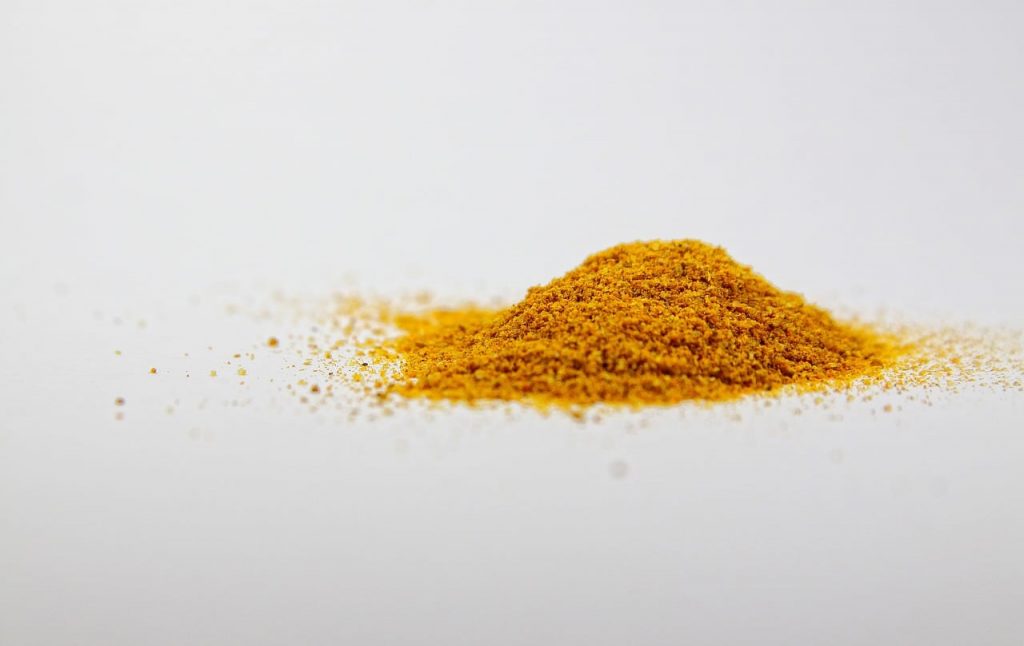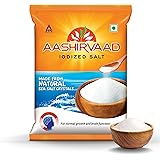However, the prevention of such side-effects from taking hold of your body can be done with the help of other substances that could naturally cool down the system. Some of these substances include yogurt, lime juice, and coconut water.

3. Allergy
Although this type of allergy is quite rare, curcumin (the bioactive compound found in turmeric) can sometimes act as a contact allergen, meaning that it could react with the skin cells. Since turmeric is a part of the ginger family, people who are allergic to ginger are most likely to be allergic to turmeric. If you are suffering from a turmeric allergy, you can use some turmeric substitutes to provide your dish with flavor.
As the allergic reaction can occur both by ingestion and contact, some of the symptoms of turmeric allergy include rashes, swollen throat, and shortness of breath. So, it is advised to check up with your doctor if you see such symptoms after the consumption of turmeric.
4. Promotes The Development Of Kidney Stones
Yes, you read that right; a heavy consumption of turmeric can sufficiently increase the risk of stone formation in the kidneys. Oxalates, the chemicals found in a spoonful of turmeric, are responsible for binding with the calcium present in the blood, thus forming calcium oxalate, a primary candidate for the production of kidney stones. Hence, if your kidneys are sensitive to the deposition of minerals over the lining, you should watch for the amount of turmeric you may be consuming.
5. Works As A Blood Thinner
By decreasing the functioning of the platelets in the blood, turmeric is known to decrease the rate of blood clotting, making it highly dangerous if taken alongside other blood-thinning medications and might result in excessive bleeding. Some of the other symptoms of blood-thinning are the increased risk of bruising and internal bleeding in various body organs.
6. Causes Gallbladder To Contract
Again, due to a higher presence of oxalate, a chemical found in turmeric that increases the risk of kidney stones, the same could be said about its effect on the gall bladder. Calcium oxalates tend to get deposited in kidneys as well as gallbladder, thus causing it to contract.
7. Overuse Leads to Oxidative Stress
Curcumin, the active compound present in turmeric, contains antioxidants. This antioxidant helps reduce damage caused by free radicals.
However, an imbalance of free radicals and antioxidants may lead to oxidative stress. This may even lead to autoimmune diseases such as arthritis or extreme cases that may cause cardiac health issues.
Studies show that Curcumin improves oxidative stress, but overconsumption of turmeric can cause an imbalance.
8. Leads to Upset Stomach
Being rich in curcumin compounds, high doses of turmeric may lead to diarrhea. Overconsumption of it may cause headaches and nausea.
People with allergies may also have skin rashes. It may also cause shortness of breath if more than 5 to 6 teaspoons of turmeric are consumed.
One study showed that patients with advanced colorectal cancer reported nausea and diarrhea when they consumed 0.45 to 0.36g per day turmeric.
Auto Amazon Links: No products found.
How Much Turmeric Can be Consumed Per Day – What’s the Safe Limit?
The Optimal Consumption Level of Turmeric per day.
Well, if we are to be accurate, anything over 1000 milligrams of curcumin can cause harm to your health.
And for your ease, if you are using turmeric as a spice, you should note that about one teaspoon of turmeric roughly contains 200 milligrams of curcumin, and so five teaspoons of turmeric are more than enough per day.
Knowing about the beneficial nature of turmeric is just as important as learning about the side effects of turmeric. It is vital to proceed with its consumption with all the information you need that would help you reap the benefits of this wonder spice without any of its known side effects.
Final Words
It is also important to note that even if the side effects of turmeric seem bad, its consumption in a regulated way can actually prove to be a much healthier choice. Every medicine that is heavily consumed can damage your health. And, in order to pursue a healthy lifestyle, you must know its limit, which, as far as turmeric is concerned, is roughly 5 teaspoons a day.
So, be healthy, be responsible.




